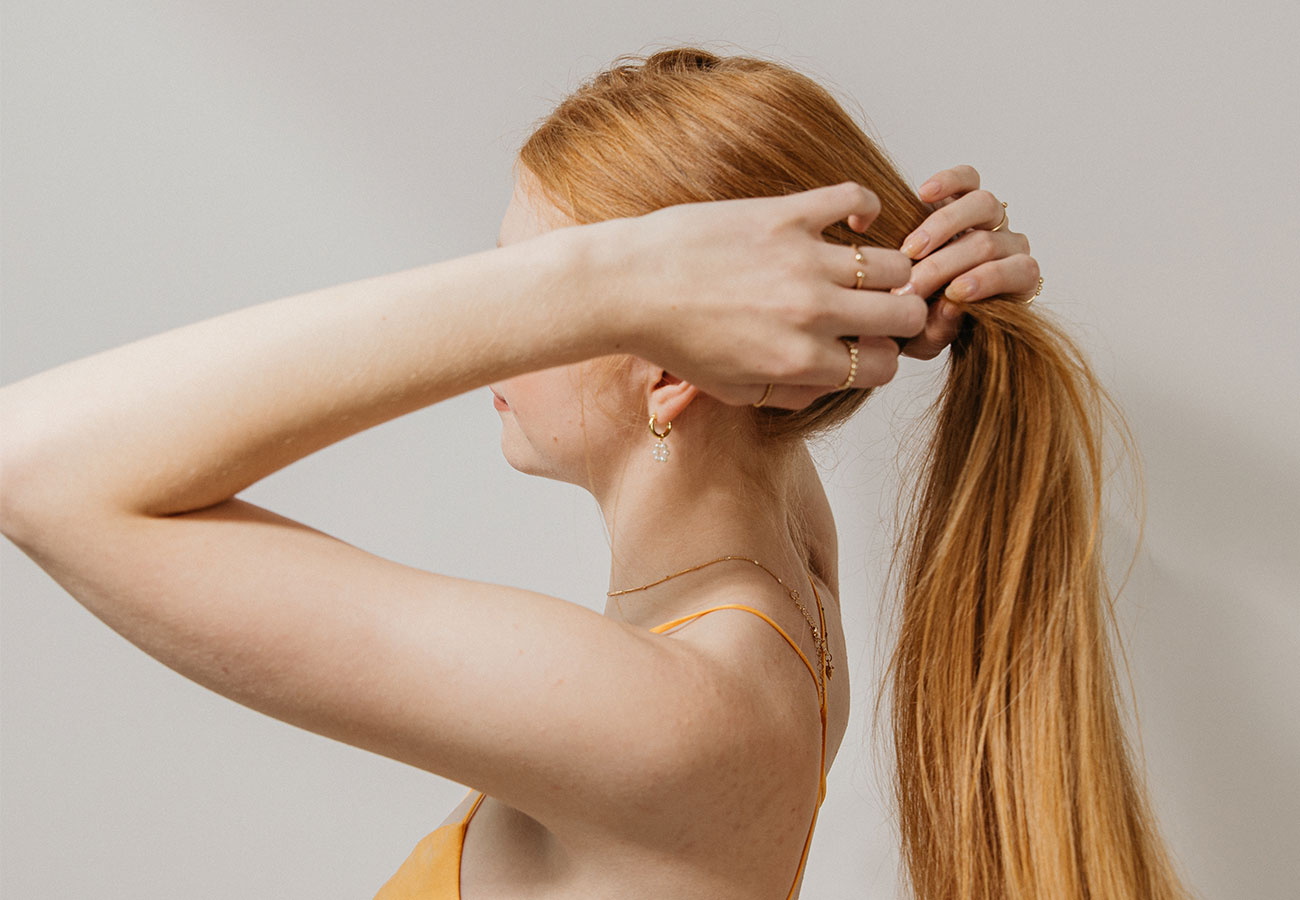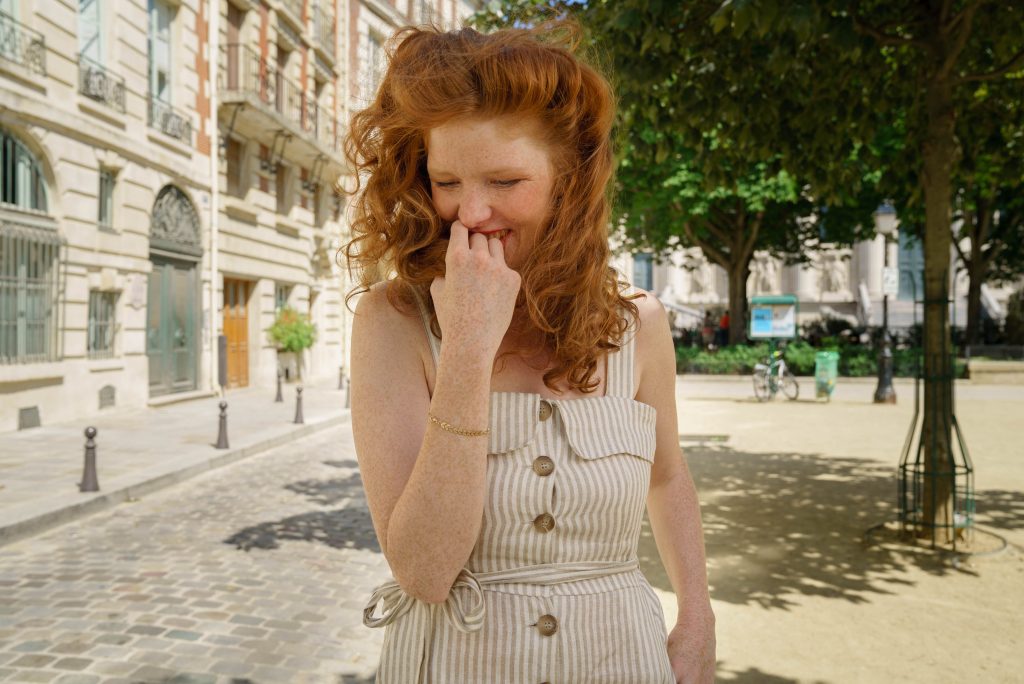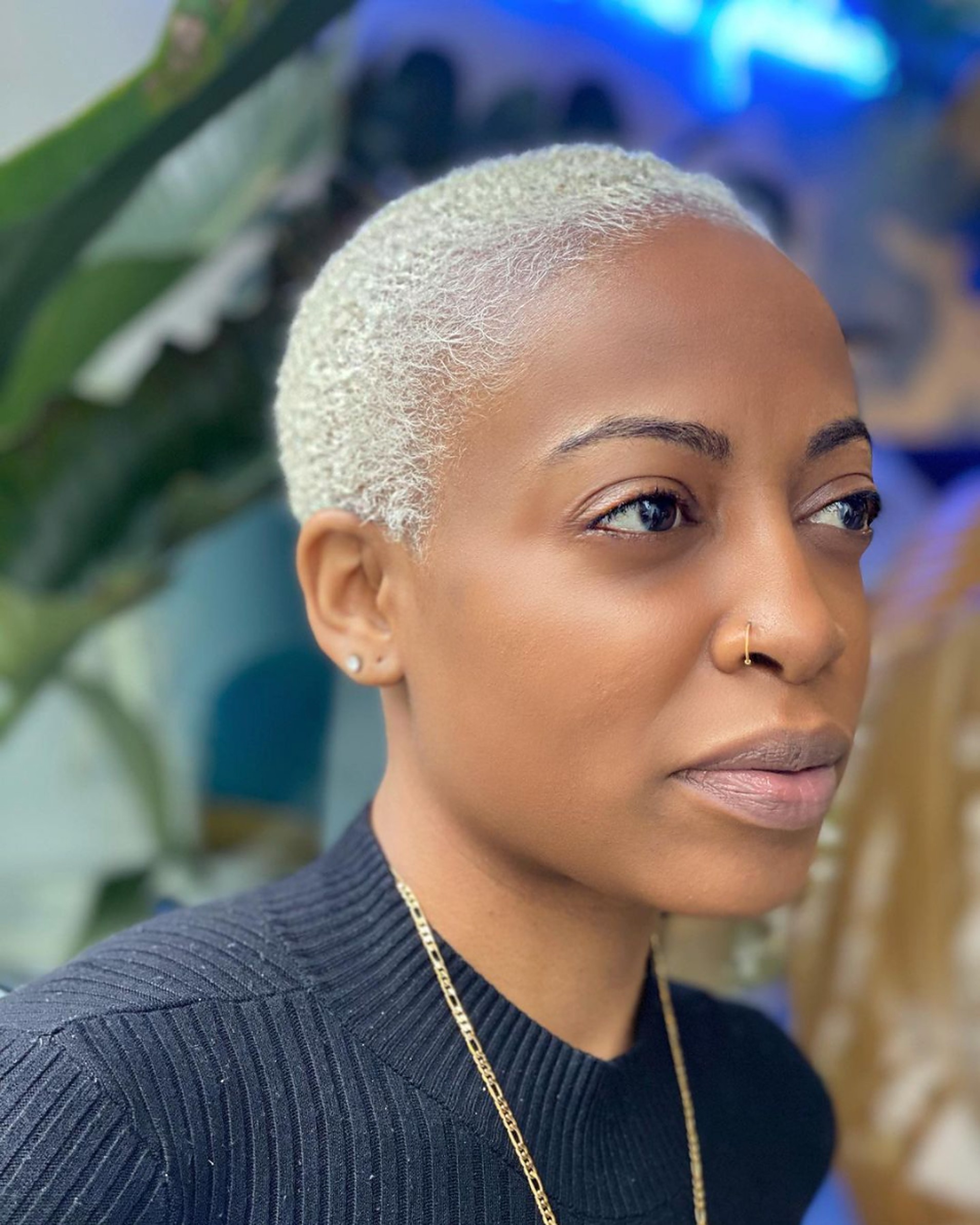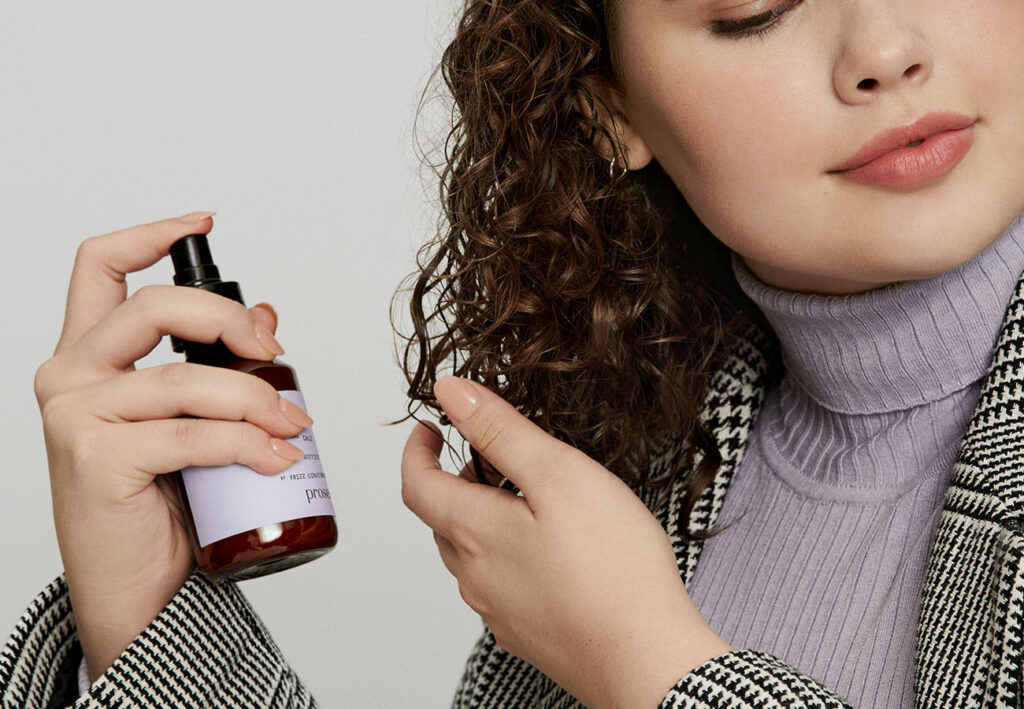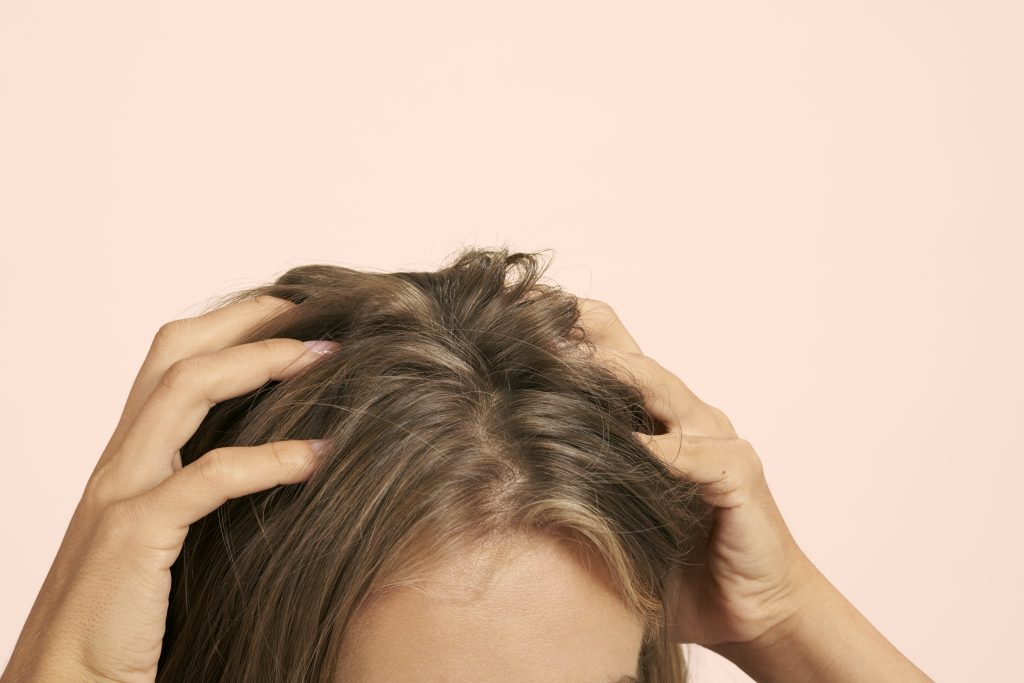What causes frizzy hair?
Frizz often coincides with dryness, so figuring out how to absorb and lock moisture into your hair is key to combating unwanted frizz. Dry hair tends to break and bend more easily, which leads to frizz.
It’s easy to get caught up in a haircare routine without realizing your hair care products may be drying out your hair. In fact, many of the things we do with our hair contribute to dryness and breakage.
Tips and hair products for frizzy hair
Unwanted frizzy hair can be combated. There are plenty of effective ways to treat the problem by avoiding behaviors that contribute to dryness and locking in moisture.
1. Wash Your Hair with Cold Water
Ultra-hot showers can be relaxing and soothing after a tough day, and many of us are guilty of staying in too long. However, hot water can have a drying effect on both skin and hair. To help protect your hair’s cuticles, hairstylist Josh Shellhammer suggests a cold rinse at the end of your shower. Cold showers are also good for your health!
However, if you don’t want to substitute hot showers with freezing cold ones, you could consider washing your hair and body separately. This way you can still enjoy your hot showers while giving your hair the benefits of colder water.
2. Use sulfate-free shampoo
Sulfates are chemicals that shampoo manufacturers use to create a soapy lather that strips oils and dirt from hair during a wash. It’s present in most conventional shampoos, and while it’s certainly effective in stripping dirt from hair, it also strips the hair of natural oils and leaves it defenseless. Using a sulfate-free shampoo is a great way to reduce dryness and unwanted frizz.
3. Get some microfiber towels
Regular towels tend to be rough and fluffy, which can rough up the cuticles and cause hair breakage. Instead of scrubbing your hair dry with a regular towel, wrap it in a soft microfiber towel to avoid frizz-inducing breakage.
4. Try leave-in conditioner and hair masks
Leave-in conditioners and hair masks can lock moisture into your hair and reduce breakage and unwanted frizz. They’re one of the most effective and overlooked hair products for frizzy hair. Work a hair mask into your routine before you shampoo and choose a leave-in conditioner for your hair type that you can use when styling post-shower.
5. Air-dry your hair
Hair dryers dry your hair using heat, which ultimately leads to weaker, frizz-prone hair. Unless you’re in a hurry, consider air-drying your hair. While it may not always be feasible, getting into the habit of air-drying whenever possible can lead to healthier, stronger hair.
6. Use a conditioning hair oil
Conditioning hair oil can be used as a pre-wash treatment or as a finishing touch after washing. Because water can’t escape through oil, using a conditioning hair oil is one of the most worthwhile hair products for frizzy hair.
7. Use a curl cream
If your hair tends to gravitate toward frizz, you’re probably on the lookout for hair products for frizzy hair. Using a high-quality curl cream can help define your natural curls while taming unwanted frizz.
8. Brush with care
Brushing is something that most of us do on a daily basis, but there’s a right and a wrong way to brush your hair. While the primary aim of hair brushing is to decrease tangles and create a sleek look, using the wrong techniques can leave hair more tangled with lots of breakage. So, how should you brush your hair?
Brushing is something that most of us do on a daily basis, but there’s a right and a wrong way to brush your hair. While the primary aim of hair brushing is to decrease tangles and create a sleek look, using the wrong techniques can leave hair more tangled with lots of breakage. So, how should you brush your hair?
- Condition first. Unless your hair is sufficiently conditioned, you’re going to lose the battle. Trying to brush dry, unconditioned hair will cause tangles to tighten and hair to break.
- Use the right brush or comb. Every hair type requires a unique type of brush or comb. For those with curly hair, it might be easier to use a wide-toothed brush or comb when dealing with tangles.
- Only brush downward. This hair tip is painfully obvious. Unless you’re intentionally going for the messy, back-combed look that was popular in the ‘80s, you should only brush downward.
- Untangle the knots at the bottom and work your way up. You might be surprised how few people know this trick. Getting the knots out at the bottom of your hair first allows you more space when dealing with knots further up. Instead of brushing from the crown of your head to the tips in one long stroke, deal with smaller lengths of about 3 inches at a time. You’ll find this makes brushing a lot easier and results in less breakage.
- Don’t brush wet hair. Hair is at its weakest and most vulnerable when it’s still wet after being washed. Brushing wet hair is more likely to lead to breakage, which manifests as frizz. If it’s absolutely necessary to brush your hair while it’s wet, do so carefully, and consider using a special brush.
Enjoy frizz-free hair
While excessive frizz can be frustrating, it’s completely normal. Luckily, having unwanted frizz doesn’t mean you’ll be stuck with it forever, and there are plenty of things you can do to counteract it. By sticking to these general tips and using the best hair products for frizzy hair, you’ll be able to fight the unwanted frizz and win the battle.

